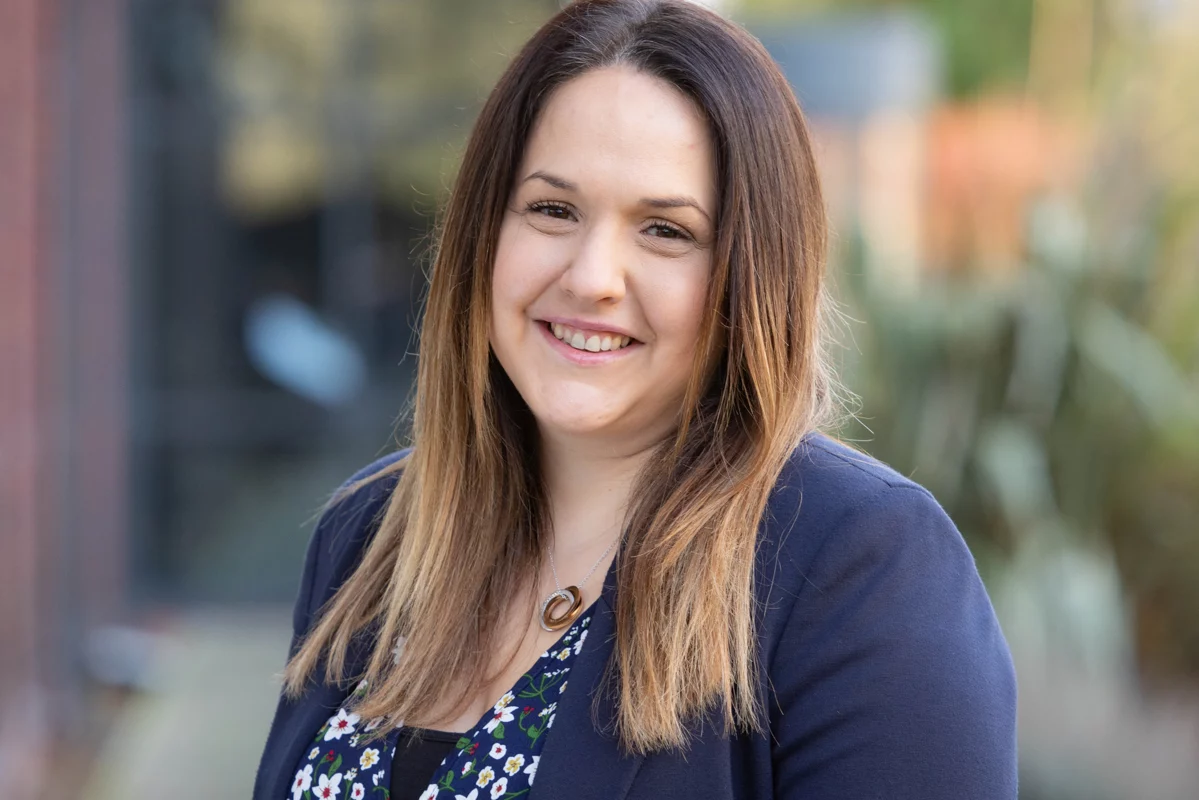Public Trust in Charities: 2024 summary

The Charity Commission has been tracking the public’s level of trust and confidence in charities since 2005. Levels of trust in charities declined before plateauing in 2016 (in the midst of high-profile scandals around 2014 to 2018) until very recently. The more recent research suggests that trust in charities has increased.
The Commission’s 2024 report has unveiled that public trust in charities has reached its highest level since 2014. With a trust score of 6.5 out of 10, charities are now the second most trusted group in society, trailing only behind doctors. While a score of 6.5 might not seem particularly high at first glance, it’s a significant indicator of the public’s growing confidence in the charity sector.
Some of the key takeaways from the recent report include:
• The Importance of Transparency
A key takeaway from the report is the paramount importance of transparency. Participants in the study emphasised that “Trust is based on visibly seeing what the charity does.” This underscores the need for charities to be open about their operations, particularly regarding the allocation of funds. The public’s trust is significantly bolstered when they understand how their donations are being utilised, with a clear preference for concise and straightforward information.
Interestingly, the report highlights that while the public values clear and truthful information, they prefer it to be concise. Respondents expressed a desire for a “right” amount of information, favouring quality over quantity. They appreciate simple, digestible content that includes stories they can connect with and examples of a charity’s work. Easy access to this information and effective signposting are also vital for fostering trust.
• Local vs National Charities
Another notable insight is the disparity in trust between local and national charities. The research indicates that local and smaller charities tend to generate more trust, whereas national charities are perceived as less reliable. This could be attributed to the closer connection and visibility that local charities often have within their communities.
• Rising Reliance, Declining Donations
The findings illustrate a growing dependence on charities for support in 2024, with 9% of individuals reporting they have received charitable services (such as food, medical aid, or financial assistance) compared to 3% in 2020.
Conversely, donations have decreased, with only 47% of individuals saying they donated in the past year, down from 62% in 2020 – likely a reflection of the current economic challenges.
Chief Executive of the Charity Commission, David Holdsworth’s, comments on this were published alongside the report, stating: “In these financially challenging times, charities must continue to demonstrate how they fulfil their purpose, ensuring every penny contributes positively.” You can read the full press release and his comments here.
• Awareness of the Commission
Awareness of the Charity Commission itself is another area of interest. Approximately half of the public is aware of the Commission, but only 19% feel they know it “well.” Notably, familiarity with the Commission correlates with increased trust in charities and it was also found that public attitudes become more positive once individuals learn that a charity is registered with the Commission.
The Charity Commission’s report provides valuable insights into the public’s perception of charities and the factors that influence trust. It highlights the importance of transparency, the preference for concise information, and the greater trust placed in local charities. Additionally, it brings to light the challenges faced by the sector, with a growing reliance on charitable services but a decline in donations. As we navigate these financially challenging times, it’s crucial for charities to continue demonstrating their purpose and the positive impact of every penny received.
For a more detailed exploration of the findings, you can access the full report and methodology conducted by the Charity Commission here. If you have any queries or would like to discuss the report further, please don’t hesitate to get in touch with a member of our Charities team.












